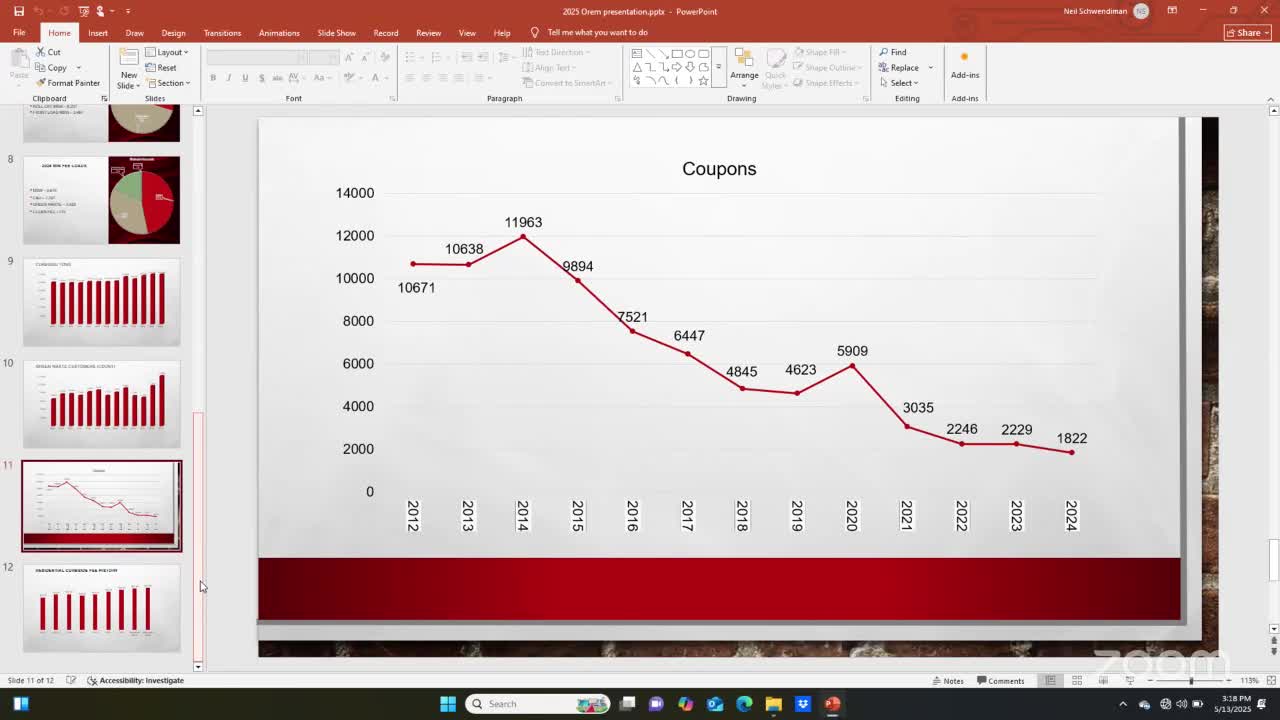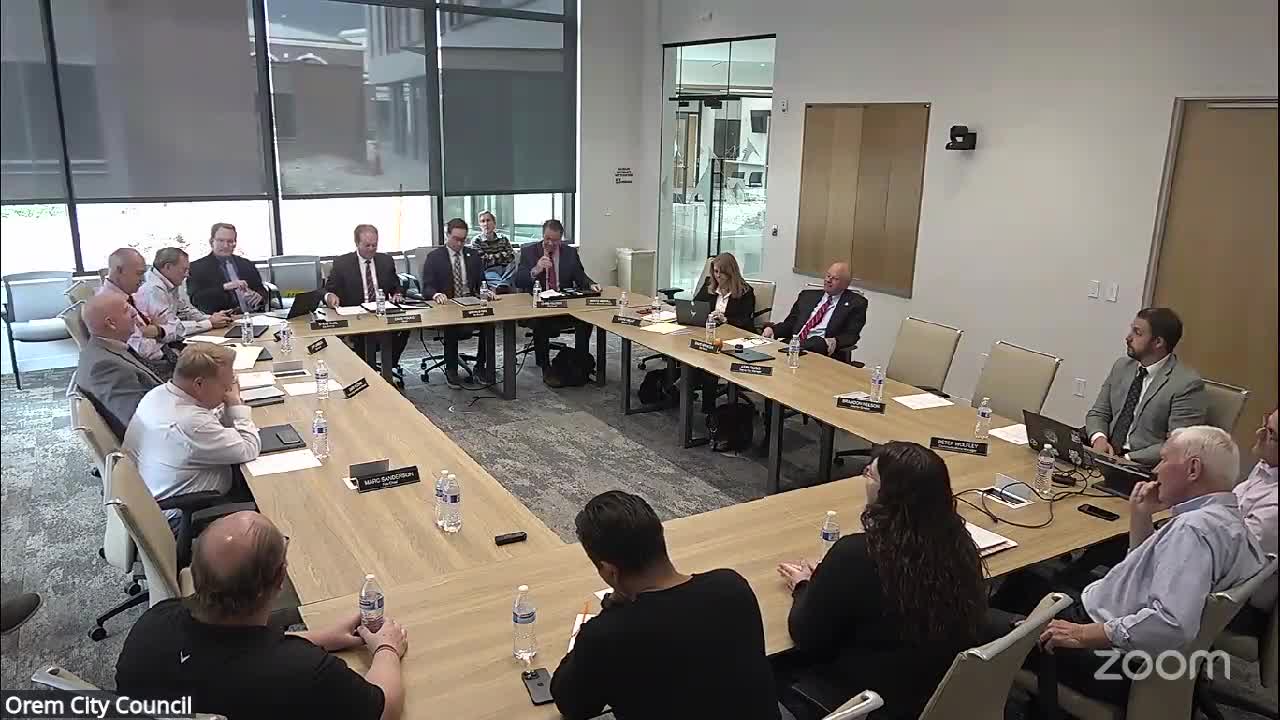Article not found
This article is no longer available. But don't worry—we've gathered other articles that discuss the same topic.

Waste partner says Bayview fee increase may raise Orem curbside charge; staff asks councils to anticipate budget impact

Orem unveils redesigned boards & commissions portal and plans unified citizen portal (MyOrem)

Orem council and planning commission review general‑plan priorities; land use, State Street and housing data flagged

